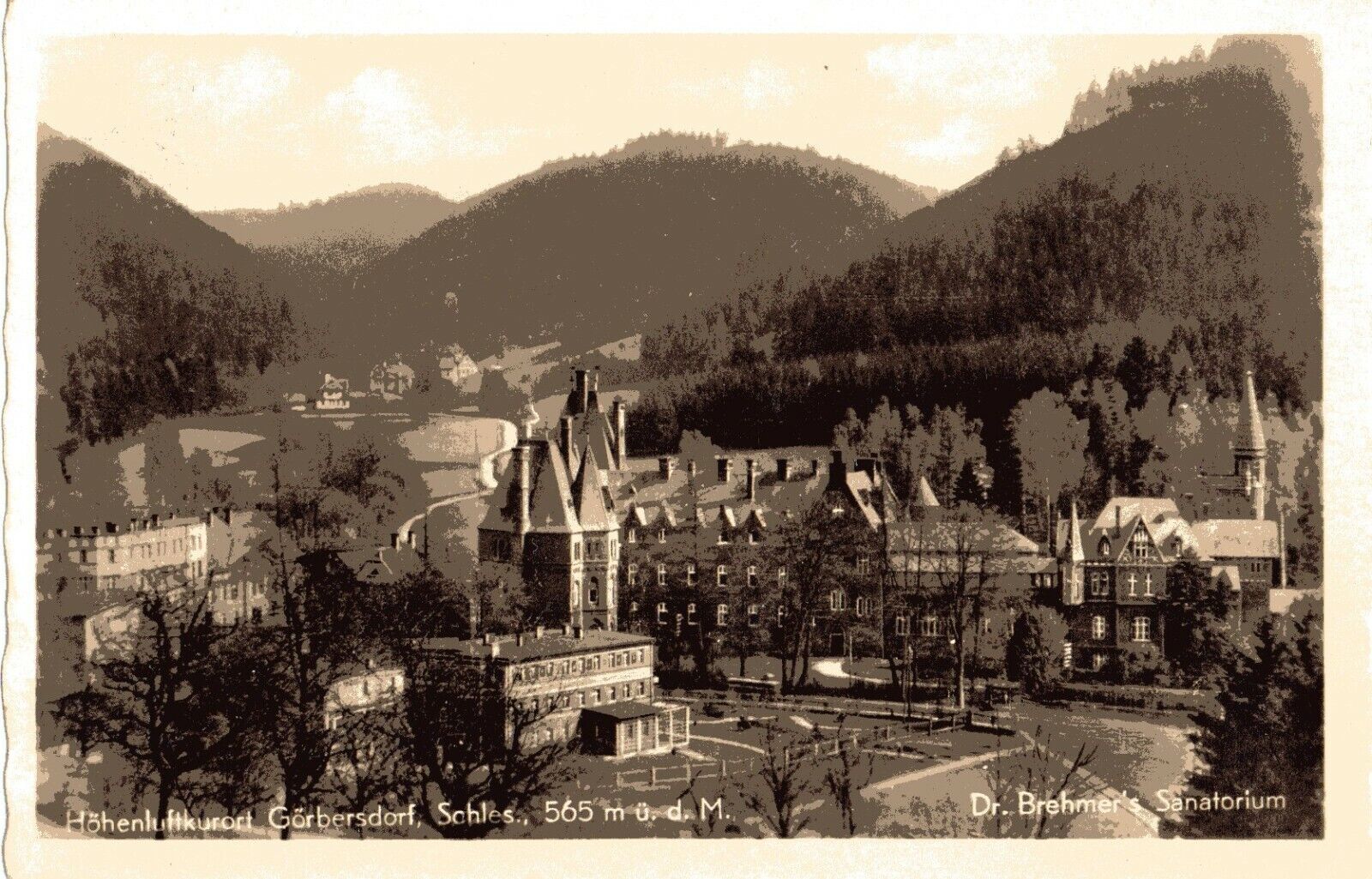The Empusium: a Health Resort Horror Story. Book Review

I finished reading a few days ago, and can still feel my admiration building. In many ways traditional in structure, it is a tale of a character transformation, from the point a young man arrives alone a foreign residential sanatorium, to the point he — and we along with him — realise that his world has changed forever. The central tensions are there from the start — the relationship of son to an absent yet controlling father, the young man’s concern with his health, his resistance to aspects of the treatment, pressure to economise, close observation of landscape, exercise, food, and fellow patients. Like sparks in a kind of dark tangle of not-quite-conscious relationships to the past, his perception of himself and the environment gradually take shape against a background of things that aren’t said — secrets, lies and omissions — and the often oppressive reality of what IS said: although the narrator is rarely interested enough to participate, the other patients often conduct erudite disputes about scientific, political and religious issues, rich in references to history and literature. For all their variation in viewpoint and subject matter, though, the disputants agree on one point: women are weak, stupid and useless — at the root of of most of humanity’s difficulties (empusa is a shape-shifting female from Greek mythology). In a note at the end of the book, Tokarczuk gives her sources for the rampant misogynism…Augustine, Conrad, Darwin, Durkheim, Freud, Milton, Nietzsche… that’s only roughly half the list.
Readers will inevitably be reminded of Thomas Mann’s celebrated novel The Magic Mountain. The two books share not only a time-frame — the years just before W. W. I, but also a disease — tuberculosis — and perhaps most importantly, the expensive, prestigious treatment in residential care that commanded so much respect at the time (The Empusium is set in Dr. Behmer’s Sanatorium in Görbersdorf — now Sokołowsko, Poland, an institution founded in 1870, so older and better known than the sanitorium in Davos that was the model for Mann’s Berghaus.). Both focus on a young man of “good” family at the point he is facing critical decisions about his future, personal and professional. In both cases, overarching medical framework licenses exceptional relationships of power; in both, sanitorium staff and patients comprise a social and economic situation very different from that of the local villagers.
Tokarczuk has looked straight through the deadly seriousness of The Magic Mountain, taken aim, and laughed out loud. Drawing on the tropes of the murder mystery — strange noises and sudden deaths, mysterious local customs and fear of all things unfamiliar, she introduces us to someone who, in the face of breathtaking — if often amusing — callousness, stupidity, ignorance and fear, manages to disappoint the sanitorium’s prevailing expectations and walk away a generous, loving, free human being.

